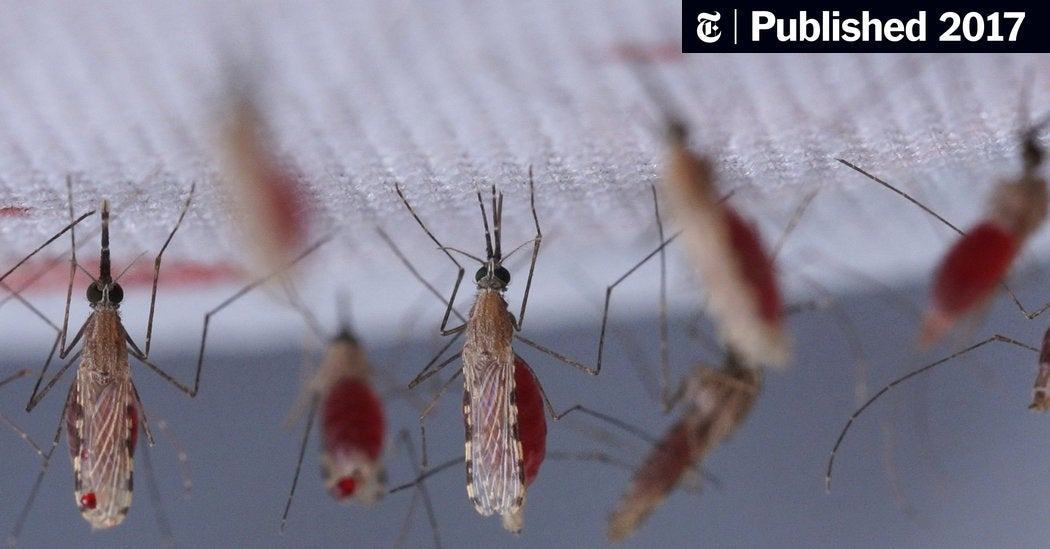The battle against malaria
The battle against malaria – Malaria is a serious health problem. It is a leading cause of death in many countries. It occurs mostly in tropical and subtropical parts of the world, including parts of Africa, Asia, South America, Central America, and the Middle East. The place most intensely affected by malaria is Africa south of the Sahara Desert. About 60% of the world’s malaria cases and 80% of malaria deaths occur there. Even though the causes of malaria in this region are well understood, international health agencies are finding that controlling it is still an enormous and difficult task.

Because malaria is passed from mosquitoes to people and from people to mosquitoes, we can think of the disease as a cycle. The malaria cycle begins with tiny parasites that reside in the bodies of Anopheles mosquitoes. These deadly parasites cause malaria. When a female mosquito bites a human, the mosquito draws off blood. It also leaves malaria parasites in the human’s skin. These parasites quickly multiply inside the human and cause the individual to feel sick.
If a mosquito bites a human who is sick with malaria, parasites from the human enter the body of the mosquito. When that mosquito bites another human, it will leave parasites in the other human’s skin. In the malaria cycle, humans get parasites from mosquitoes and they also give parasites to mosquitoes.
Becoming infected with malaria is a medical emergency. The first symptoms of malaria are fever, chills, sweating, intense headache, and muscle pains. Nausea and vomiting often accompany these symptoms. Immediate medical treatment must be a priority for people who are infected. They must take medicines that will kill the parasites. If medical treatment is started soon enough, sick individuals can be cured. If they do not, malaria can cause serious illness or even death.
Malaria in tropical Africa could be controlled in two ways. First, it could be controlled by killing the parasites that cause the illness. If every infected person quickly took malaria medicine, most would be well in a few days. Mosquitoes could not get malaria parasites from healthy individuals, so malaria would not spread. Unfortunately, many people live in far-away villages without access to quick medical care. Another problem is that the ability of quinine (the primary medicine used against malaria) to kill parasites has declined over time. There is hope, however, for a new drug combination, called ACT. It is being used successfully to treat people who have malaria.
Malaria could also be controlled by stopping the mosquitoes. One way would be to get rid of the pools of water, where they lay their eggs. Also, insecticide could be sprayed in wet areas and around buildings, to kill mosquitoes. Finally, people could be told to sleep under bed nets, to prevent mosquitoes from biting them at night. Bed nets sprayed with insecticide, would both stop and kill mosquitoes.
It is very difficult, however, to implement these plans. People in this region, are poor—and made poorer by malaria because they may be too weak to work. They cannot afford, to pay for medical care, or to buy bed nets. If they are not educated, the people may be unwilling to cooperate with government efforts to help them. Their old beliefs about illness, may conflict with modern attempts to cure, or prevent malaria.
There are other problems too. Health ministries do not have the money to build clinics, or hire trained medical practitioners. They do not have the money to buy insecticide, and pay a labor force, to spray regularly. And the frequent rainfall, would make it impossible to get rid of pools of water, where mosquitoes lay eggs.
Helping African nations control malaria, is now a top priority of many relief organizations. The World Health Organization and Doctors Without Borders, are just two of many organizations offering help, and hope to the people of sub-Saharan Africa.

Bài viết khác cùng mục: